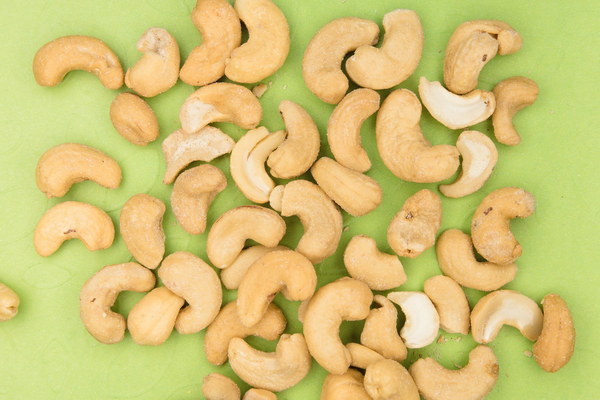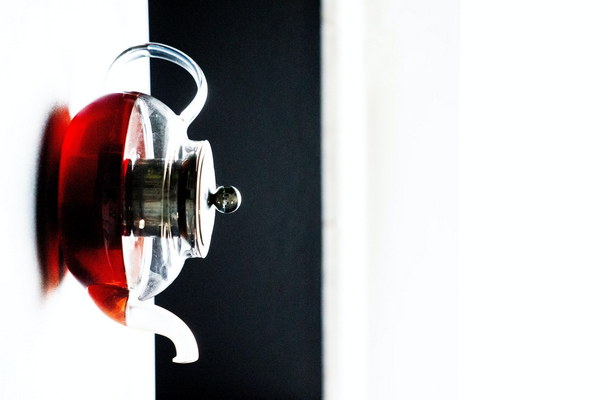Maximizing Liver Health A Comprehensive Guide to Liver Protection and Care
In today's fast-paced world, taking care of our liver is more crucial than ever. The liver is a vital organ responsible for filtering toxins, producing bile, and regulating metabolism. However, with poor diet, lack of exercise, and increased exposure to environmental pollutants, our liver can suffer from a variety of issues. This article aims to provide you with a comprehensive guide on how to save and protect your liver, ensuring its optimal functioning.
Understanding the Liver's Role
Before diving into the specifics of liver protection, it is essential to understand the role this remarkable organ plays in our bodies. The liver performs over 500 functions, including:
1. Detoxification: It filters out harmful substances, such as alcohol, drugs, and metabolic by-products, from the bloodstream.
2. Metabolism: The liver helps in breaking down fats, proteins, and carbohydrates, converting them into energy.
3. Storage: It stores vitamins, minerals, and glucose for future use.
4. Blood Clotting: The liver produces blood-clotting factors, which help prevent excessive bleeding.
How to Save Your Liver
1. Healthy Diet: A balanced diet is key to liver health. Incorporate the following into your meals:
- Fresh fruits and vegetables: High in antioxidants that help protect the liver from damage.
- Lean proteins: Such as fish, poultry, and legumes, which support liver function.

- Healthy fats: Like those found in olive oil, avocados, and nuts, which aid in the production of bile.
- Limit processed foods and sugary drinks: These can lead to inflammation and increased risk of fatty liver disease.
2. Moderate Alcohol Consumption: Excessive alcohol consumption is a leading cause of liver disease. Limit your intake to moderate amounts, or better yet, avoid alcohol altogether.
3. Stay Hydrated: Drinking plenty of water helps the liver flush out toxins and aids in digestion.
4. Regular Exercise: Regular physical activity can help maintain a healthy weight, reduce inflammation, and improve overall liver function.
5. Adequate Sleep: Poor sleep can affect liver health. Aim for 7-9 hours of quality sleep each night.
Protecting Your Liver from Toxins
1. Avoid Environmental Toxins: Exposure to harmful substances like lead, mercury, and other heavy metals can damage the liver. Be cautious when dealing with household chemicals and pesticides.
2. Use Natural Personal Care Products: Opt for organic and natural products to reduce your exposure to harmful chemicals.
3. Maintain a Healthy Weight: Obesity increases the risk of non-alcoholic fatty liver disease (NAFLD), a condition where excess fat builds up in the liver.
Regular Check-ups and Supplements
1. Regular Check-ups: Visit your healthcare provider for regular liver function tests to monitor your liver's health.
2. Supplements: Certain supplements can support liver health, such as milk thistle, alpha-lipoic acid, and selenium. However, always consult with a healthcare professional before starting any new supplement.
Conclusion
Taking care of your liver is an essential part of maintaining overall health. By adopting a healthy lifestyle, minimizing exposure to toxins, and seeking regular check-ups, you can protect your liver and ensure its optimal functioning. Remember, a healthy liver is a happy liver, and a happy liver means a healthier you!









